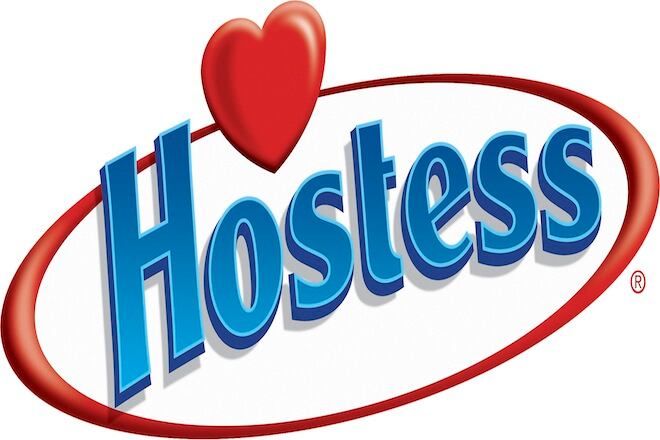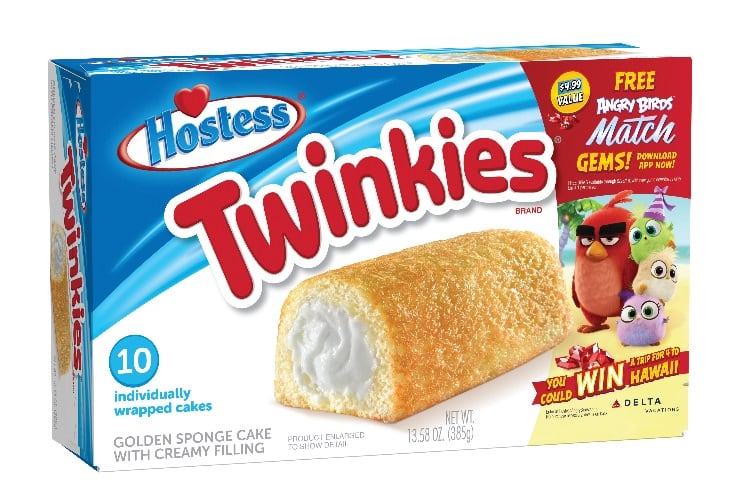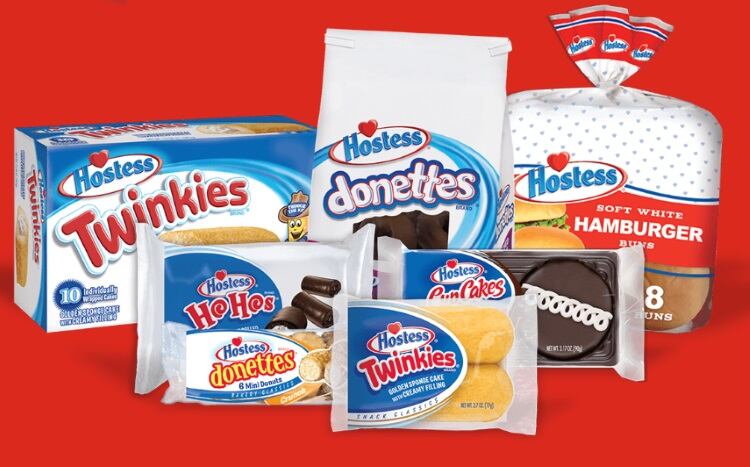According to sources, Hostess has hired investment bank Morgan Stanley to weigh up interest from potential suitors, although nothing is concrete as yet, not even the decision to sell.
One thing that is certain, however, is the rollercoaster history of the Kansas company.
Headquartered in Lenexa, the CupCake, Twinkies and Ding Dongs maker was founded (as Hostess Brands) in 1930 but had actually debuted its iconic cupcake back in 1919.
There’s a mystery surrounding who really ‘invented’ the original Hostess CupCake, but the man responsible for the company’s recognisable seven-loop curlicue was DR ‘Doc’ Rice, hired as a ‘cake dumper’ (transferring cakes onto racks to cool) at the Continental Baking Company (CBC).
CBC started life as a small New York bakery - Ward Bread Company - by Irish immigrant James Ward in 1849, but quickly grew into a major bakery manufacturer renowned as one of the first to introduce fortified bread (Ward’s Tip-top Bread sold for 5 cents and 10 cents). The company also hit the sweet spot with the invention of the Twinkie in 1930 by plant manager James Alexander Dewar.
CBC was acquired by Interstate Bakeries Corporation in 1995 and rebranded Hostess Brands in 2009.
A phoenix rising

Hostess has filed for bankruptcy twice - in 2004 and 2012 - as it struggled to cope with a debt load it incurred under private equity owners, but surprisingly, also in coming up with new snack foods that appealed to evolving consumer tastes.
In 2016, the company was acquired by Gores Holdings, Inc, which backed a deal with entrepreneur Dean Metropoulos and private equity firm Apollo Global Management to return it to the stock market. Hostess-branded products officially returned to market shelves - much to the delight of Twinkie devotees - on 15 July.
By the end of 2020, Hostess had revamped its portfolio and was generating revenue of over $1bn, an important landmark in its turnaround efforts, helped by higher prices and improved volumes.
“We’ve been profitably gaining market share across the snacking categories in which we compete,” said Callahan in 2020 at the announcement of a new ‘green’ factory in Arkansas.
Part of this growth has been fuelled by acquisitions, like the better-for-you Voortman Cookies, which Hostess bought from private equity firm Swander Pace Capital in July 2020. The $320m deal gave Hostess an entry point into the wafer and cookie segment.
At the time, Callahan said the bolt-on fitted with Hostess’ aim to become “a larger and more diversified sweet snacking company with a unique and differentiated product suite in the adjacent $8.4 billion cookie category.”
In figures

In 2022, Hostess generated net revenue of $1.36bn, up 18.9% on a year earlier; operating income grew 9.7% year-on-year to $220.3m; and net income was up 37.6% at $164.2m.
In the six months ended 30 June 2033, the company had net income of $70.78m, equal to 53 cents per share. News of the proposed sale has sent its shares soaring, rising more than 27% - its highest level in nine months - giving the company a market value of close to $4bn.
Total assets as of 30 June totalled $3.52bn, with total liabilities listed at $1.67bn.



